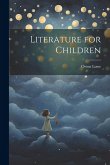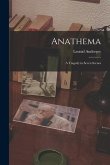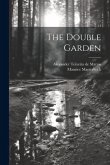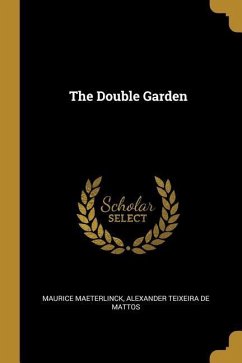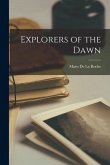Andere Kunden interessierten sich auch für
Produktdetails
- Verlag: Creative Media Partners, LLC
- Seitenzahl: 452
- Erscheinungstermin: 18. Juli 2023
- Englisch
- Abmessung: 234mm x 156mm x 23mm
- Gewicht: 626g
- ISBN-13: 9781021533531
- ISBN-10: 102153353X
- Artikelnr.: 68846430
- Libri GmbH
- Europaallee 1
- 36244 Bad Hersfeld
- gpsr@libri.de
Jens Otto Harry Jespersen, a Danish linguist, specializing in English grammar. Steven Mithen referred to him as "one of the greatest language scholars of the nineteenth and twentieth centuries." Otto Jespersen was born in Randers, Jutland. As a kid, he was attracted by the work of Danish philologist Rasmus Rask, and he taught himself Icelandic, Italian, and Spanish using Rask's grammar. He enrolled in the University of Copenhagen in 1877 at the age of 17, originally studying law but also learning languages. In 1881, he changed his entire concentration to languages, and in 1887, he received his master's degree in French, with English and Latin as secondary languages. In June 1886, Jespersen joined the International Phonetic Association, which was then known as The Phonetic Teachers' Association. In fact, in a letter to Paul Passy, Jespersen proposed the notion of constructing a phonetic alphabet that could be utilized by all languages. From 1887 to 1888, he visited England, Germany, and France, where he met linguists like as Henry Sweet and Paul Passy and attended lectures at universities such as Oxford. On the recommendation of his professor Vilhelm Thomsen, he returned to Copenhagen in August 1888 to begin work on his PhD dissertation on the English case system. He successfully defended his dissertation in 1891.
Book 1: History of Linguistic Science 1. Before 1800 2. Beginning of the
nineteenth century 3. Middle of the nineteenth century 4. End of the
nineteenth century Book 2: The Child 5. Sounds 6. Words 7. Grammar 8. Some
fundamental problems 9. The influence of the child on linguistic
development 10. The influence of the child (continued) Book 3: The
Individual and the World 11. The foreigner 12. Pidgin and congeners 13. The
woman 14. Causes of change 15. Causes of change (continued) Book 4:
Development of Language 16. Etymology 17. Progress or decay? 18. Progress
19. Origin of grammatical elements 20. Sound symbolism 21. The origin of
speech
Book 1: History of Linguistic Science 1. Before 1800 2. Beginning of the
nineteenth century 3. Middle of the nineteenth century 4. End of the
nineteenth century Book 2: The Child 5. Sounds 6. Words 7. Grammar 8. Some
fundamental problems 9. The influence of the child on linguistic
development 10. The influence of the child (continued) Book 3: The
Individual and the World 11. The foreigner 12. Pidgin and congeners 13. The
woman 14. Causes of change 15. Causes of change (continued) Book 4:
Development of Language 16. Etymology 17. Progress or decay? 18. Progress
19. Origin of grammatical elements 20. Sound symbolism 21. The origin of
speech





